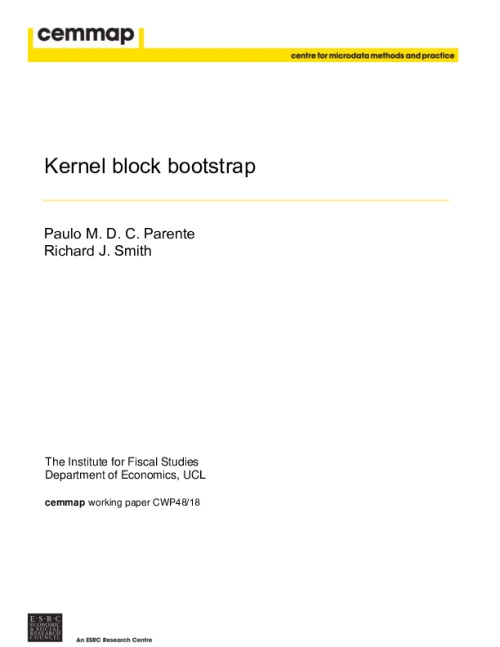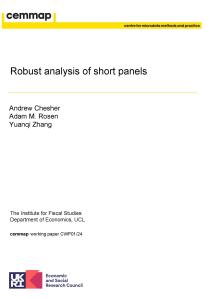This article introduces and investigates the properties of a new bootstrap method for time-series data, the kernel block bootstrap. The bootstrap method, although akin to, offers an improvement over the tapered block bootstrap of Paparoditis and Politis (2001), admitting kernels with unbounded support. Given a suitable choice of kernel, a kernel block bootstrap estimator of the spectrum at zero asymptotically close to the optimal Parzen (1957) estimator is possible. The paper shows the large sample validity of the kernel block bootstrap and derives the higher order bias and variance of the kernel block bootstrap variance estimator. Like the tapered block bootstrap variance estimator, the kernel block bootstrap estimator has a favourable higher order bias property. Simulations based on the designs of Paparoditis and Politis (2001) indicate that the kernel block bootstrap may be efficacious in practice.









